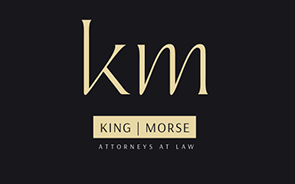As a physician, treating patients is only part of the job. To get paid, you must bill your patients’ insurance provider, which is often Medicare or Medicaid.
If you are not careful in your billing practices, you could get the attention of the FBI, which investigates claims of federal health care fraud. You could eventually face serious criminal charges, the loss of your medical license, and even prison time.
Examples of billing fraud
The four most common types of fraud from healthcare providers that the FBI is on the hunt for are:
- Double billing, which is, submitting multiple claims to multiple sources, such as private insurance and Medicare, for a single service
- Phantom billing, or billing for services the patient never received
- Upcoding, or billing for a more expensive service than the doctor gave the patient
- Unbundling, which means submitting a single procedure to multiple codes to get more reimbursement
Possible defenses to healthcare fraud charges
Of course, getting charged does not mean you will automatically be found guilty or have no choice but to plead guilty. There are several common defenses to these charges. One or more of these may be available to you, depending on the particular facts of your case:
- Mistake/lack of intent. Fraud is an intent crime, which means the prosecutor must prove the defendant meant to commit fraud. If the incorrect billing was an error, no fraud occurred.
- Consent. If the alleged victim (the patient or insurer) gave you permission to bill the way you did, that is a defense against fraud charges.
- Compliance program in place. Many clinics and hospitals have a compliance plan in place to detect or deter fraudulent billing practices. Showing that you had such a program at the time of the alleged fraud can be used as a defense.
- Lack of evidence. This is not exactly an affirmative defense, but as with any criminal charge, the prosecution must prove your guilt beyond a reasonable doubt. If prosecutors lack sufficient evidence to meet this high standard but pursue a case against you anyway, you have a good chance of beating the charges.
If you are under investigation or have already been arrested and charged, your first move should be to contact your defense attorney. Their advice will help you deal with the investigation and protect your rights.


